I asked this special author..."Where do you start?" Then she proceeds to pull her hair out. Just kidding. It's a question some authors are likely asked a lot. So I had to return the favor ;) Anyway, Ms Byrd gave us a fantastic response, so I wanted to share:
Katrina Renee Byrd
Where Do I Start?
I hear this question a lot. It is one question that packs a real punch. When people ask this one questions they are usually asking three things.
1. How do I get my ideas on paper?
2. Where do I find time to write?
3.. Where does the piece of work need to begin?
Where do I start? How do I get my ideas on paper?
“I can think of some great ideas but when I try to write them, there’s nothing there.”
“Honey, there’s something there,” I say as I fluff my boa. “You just have to know how to access it.”
One of the most common mistakes about getting ideas on paper is that we try to edit before we write. We hear the ideas in our head but we work diligently to erase them and we don’t even know it. Here let me show you. Take out a sheet of paper or open your word processor. Write the following:
“sorry” she said but that wasn’t good enough for the teacher. She still said that she’d call her mother That scared Ellen. She walked slowly from her bus stop thinking… When she reached the front steps her mother stood on the porch. “Get into this house right now,” her mother said.
Look at what you’ve just written. Is it punctuated properly? Is it coherent? Is it something you want to share with your English teacher? Of course not but you have gotten the idea on paper. Take a minute to do some editing. Then take a look at my edits.
“Sorry,” Ella said. She stared at Mrs. Johnson, her second grade teacher behind thick glasses. Ella said it again, but sorry wasn’t good enough for Old Lady Johnson.
“I’m calling your mother this afternoon, young lady,” Mrs. Johnson said shaking a finger at Ella then turning her back to Ella and addressing the rest of the class.
Where do I start? Where do I find time to write?
“I am too busy. I just don’t have time to write?
“Busy doing what, honey?” I ask.
That’s the real question. We are all busy but what are we busy doing? If you want to be a writer you must write. I was shocked when I realized this concept. So walking around town advertising myself as a writer is not the same as being a writer? Sadly it is not. Neither is cleaning your house, nursing your boa flouncing career or being at every writers’ group meeting. So when I really embraced this concept I found some fun ways to write small pieces AND get feedback!! Dare I say it out loud? FACEBOOK, blogging, twitter… All of these entities give you the opportunity to come up with creative, short pieces in a short period of time. Another way to jump start your writing life is to carve out small periods of time for your writing. At this point it’s not the number of minutes or hours that you write but rather that you honor the time that you’ve set for yourself. If you say you are going to write from 3:00 pm – 3:02 pm then have your butt in chair, keyboard in hand and sit there for two, uninterrupted minutes of writing.
Where do I start? Where does the piece of work begin?
This question is a bit difficult to answer because so many of us write differently. Some use an outline, some fly by the seat of their pants and some do both. For me, I have come to realize that where I begin writing the story is not necessarily where the reader begins reading it. So when I sit down to begin writing a story I may begin writing “…and they lived happily ever after.” Where as once the story reaches the hands of the reader the first line he sees may be “Once upon a time.”
Some writers write linear and some don’t. Even with an outline I may choose to write chapter five first then go back and write chapter two. I really think the import thing is to know yourself and feel brave enough and free enough to begin writing wherever you’d like.
So to answer the question where do I start? I say, “WRITE!”
As always, if you like what this author has to say in their guest spot, please patronize them by clicking on their book on the sidebar. I make absolutely nothing off your purchase through this site. I'm just glad to have them stop by and hope you get some pleasure from meeting another author.
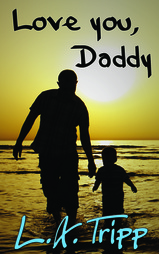
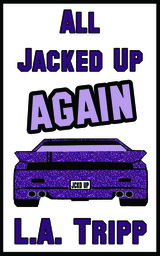
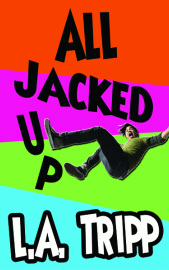
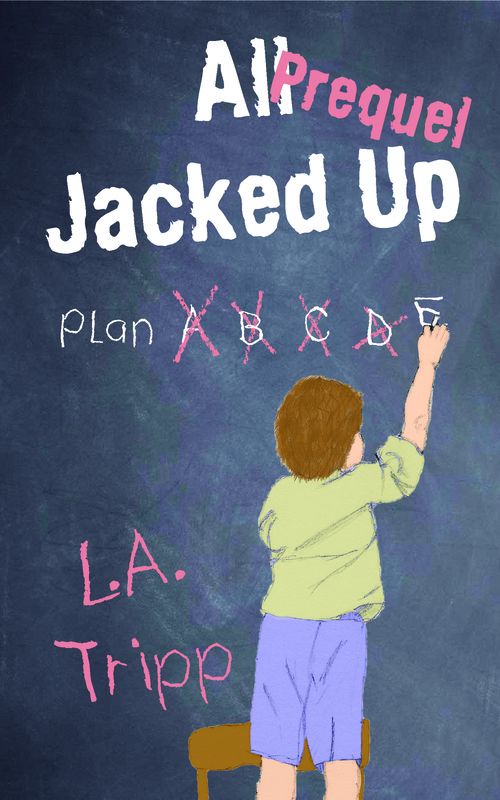
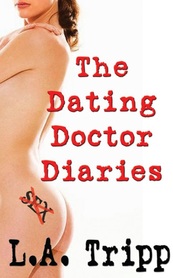
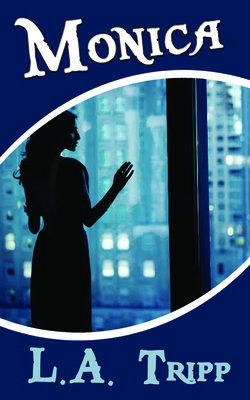
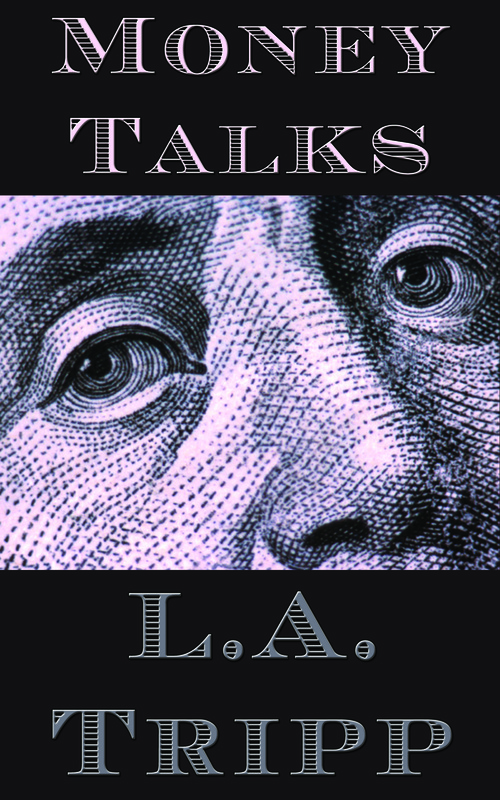
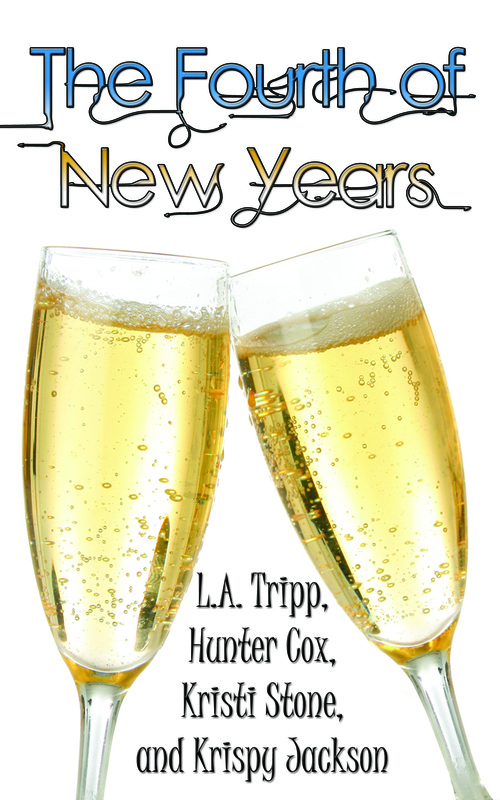
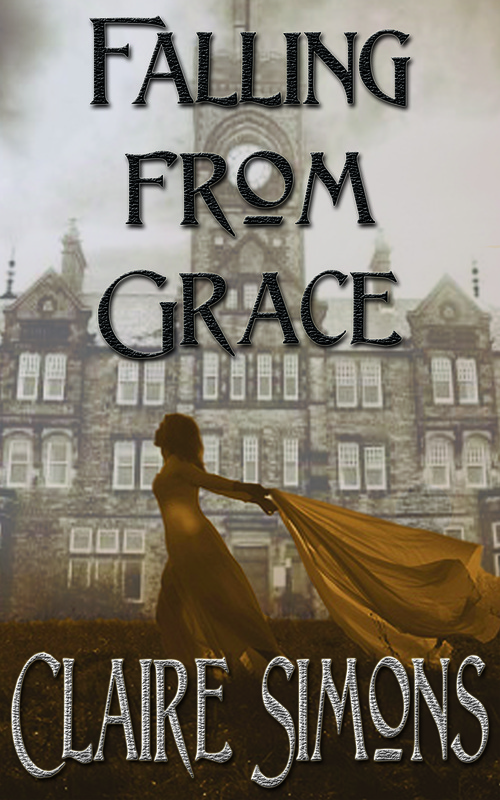
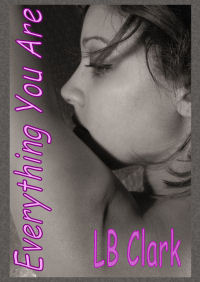
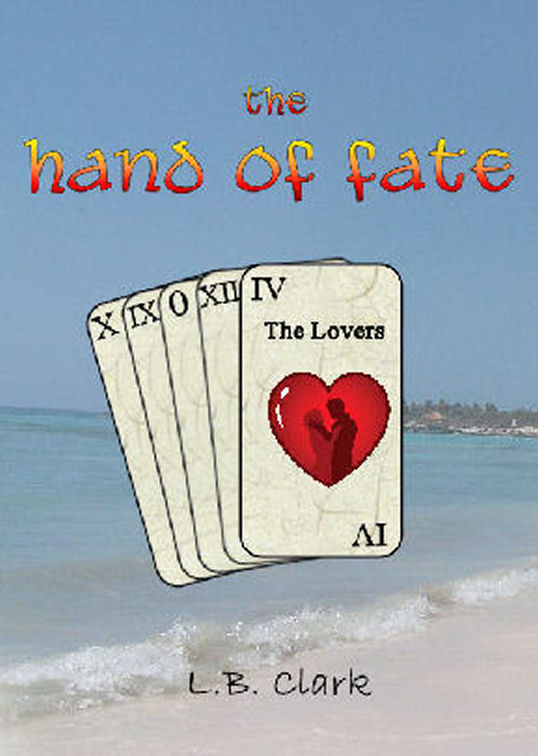
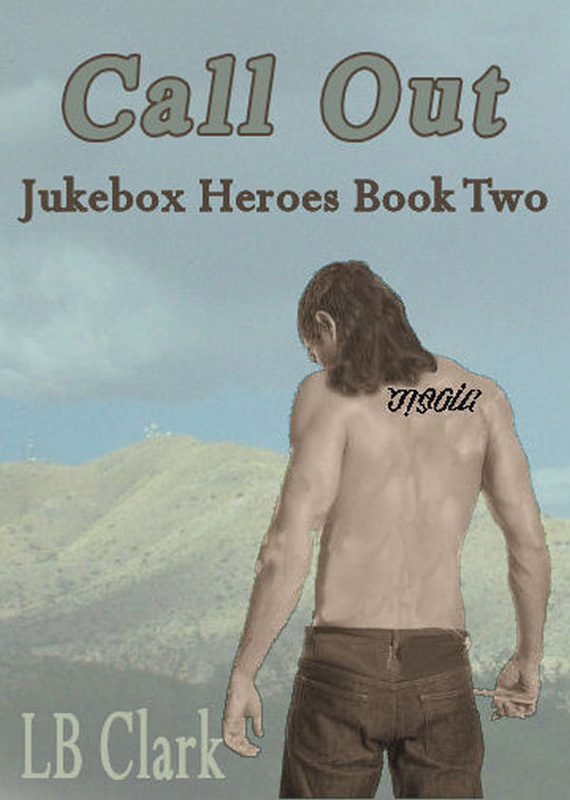
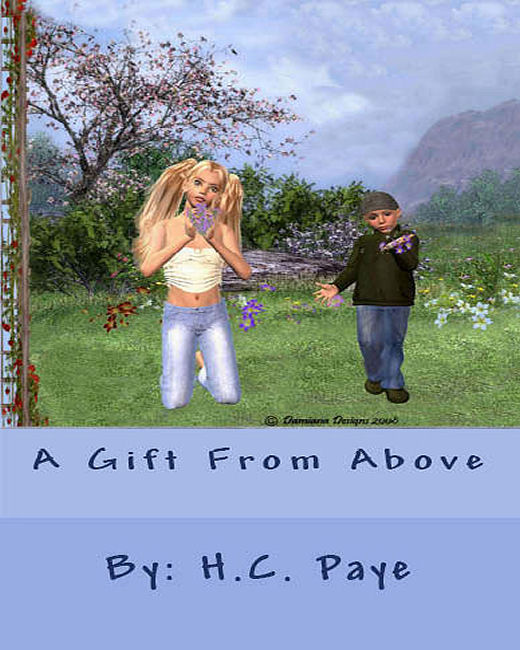
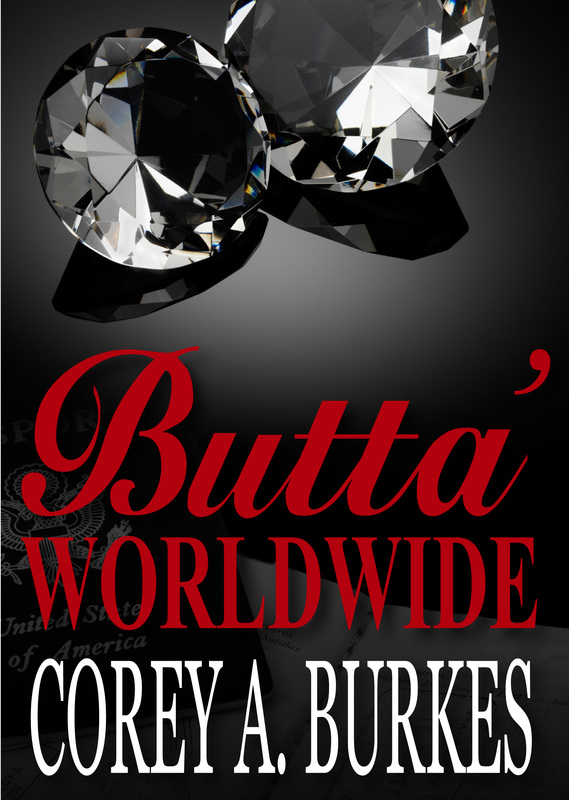
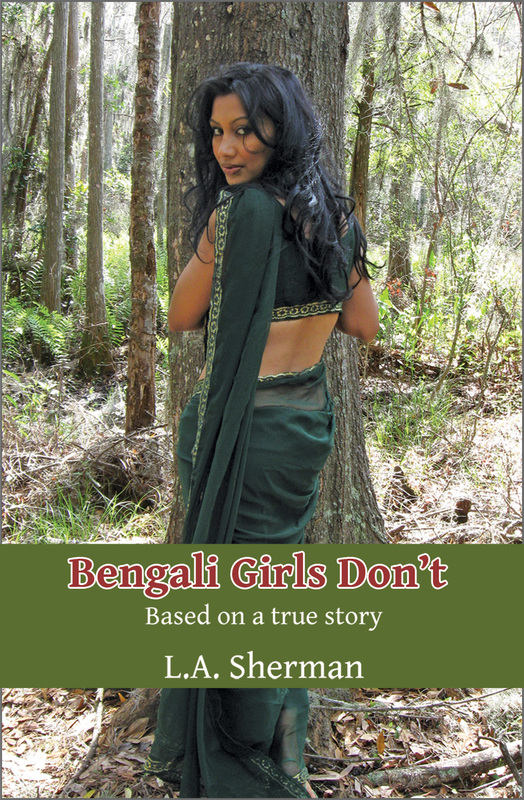
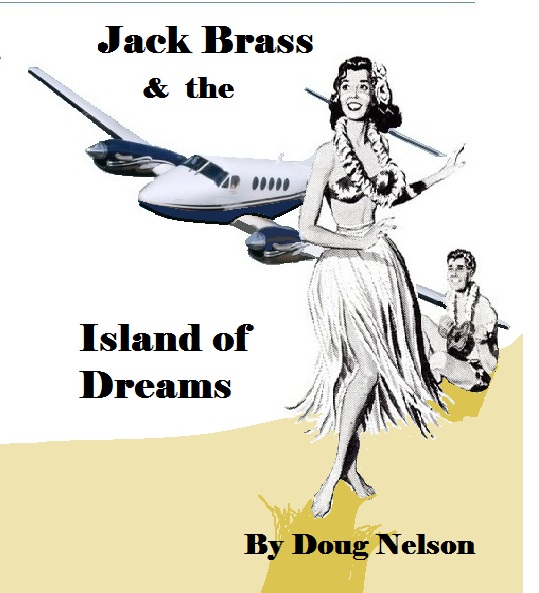
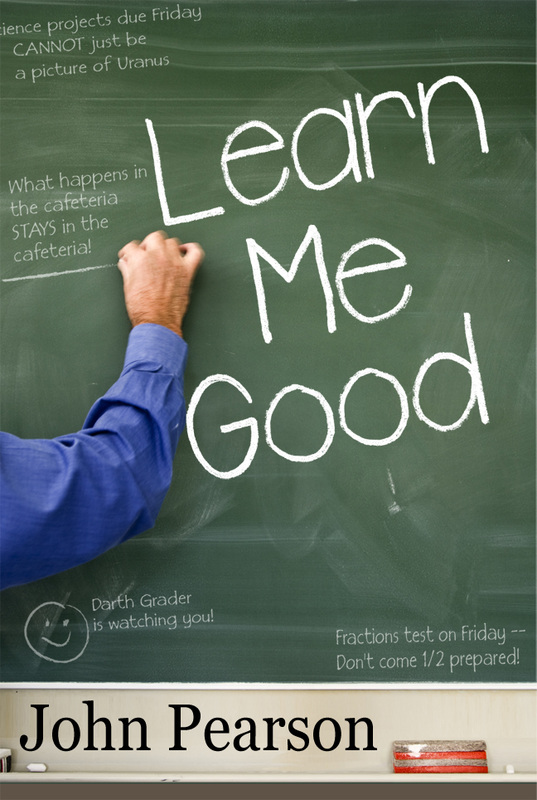
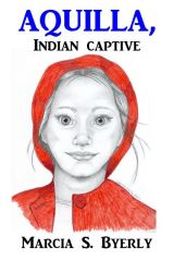
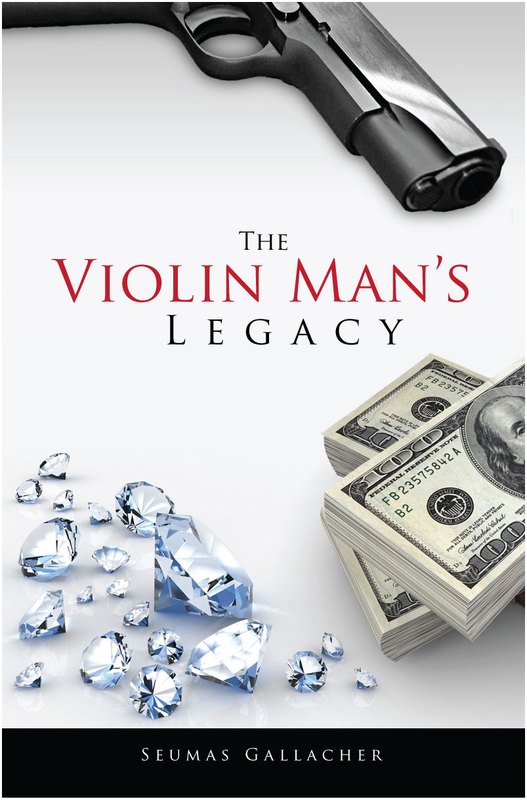
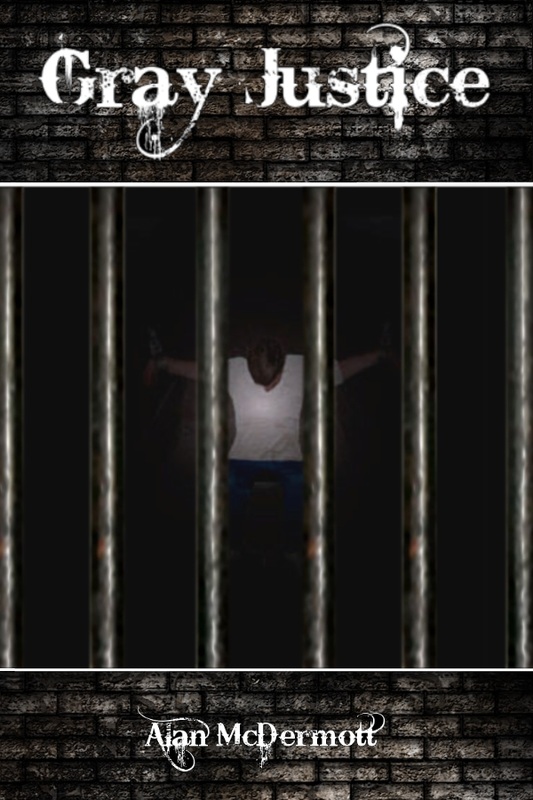
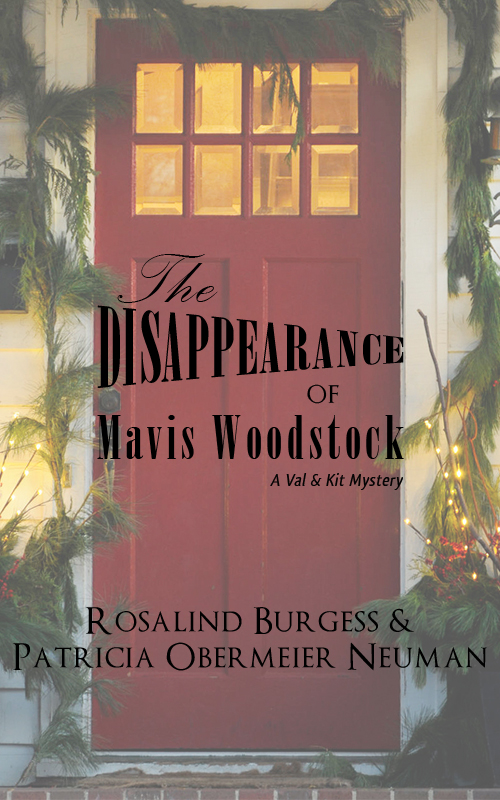
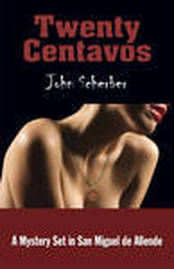
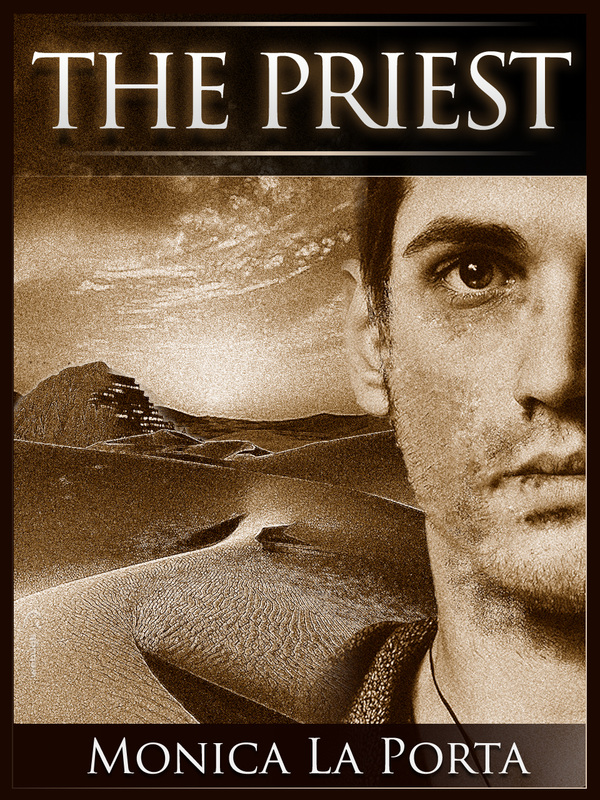
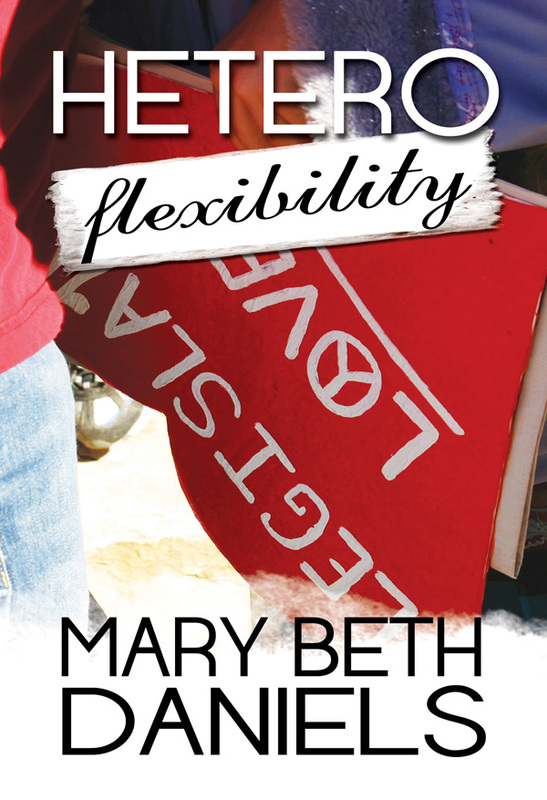
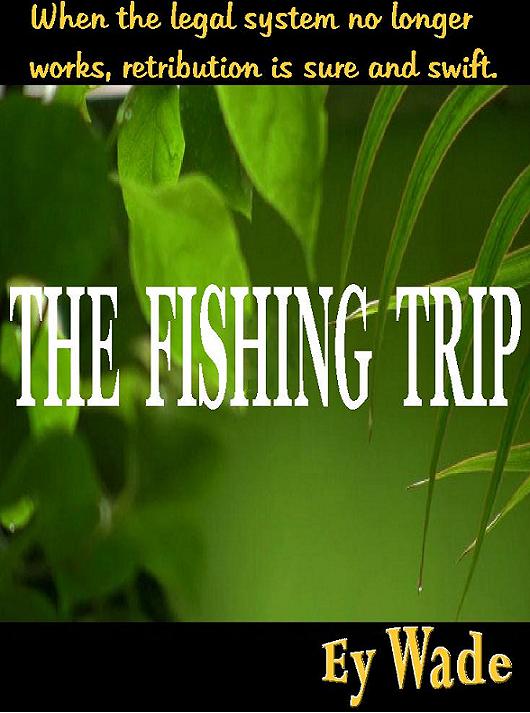
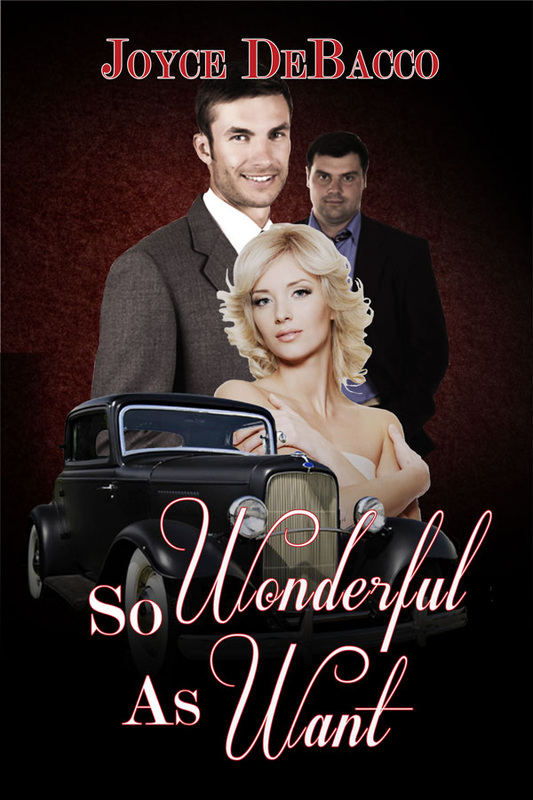
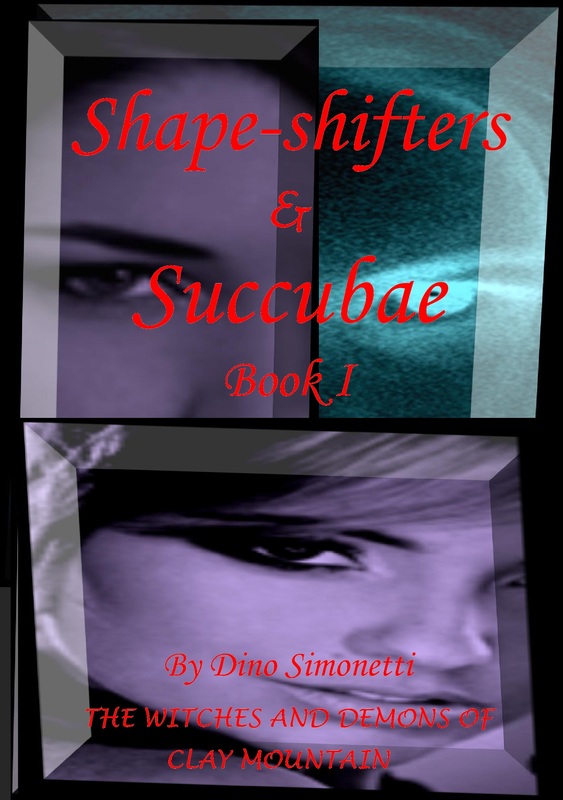
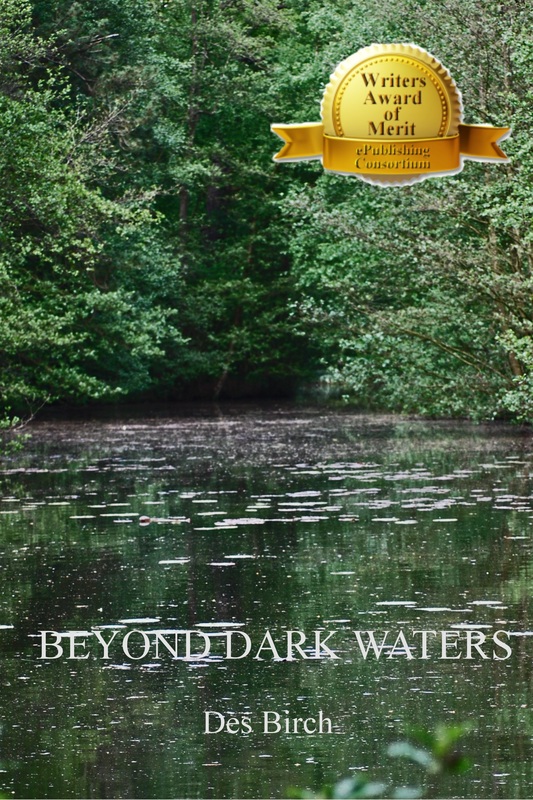
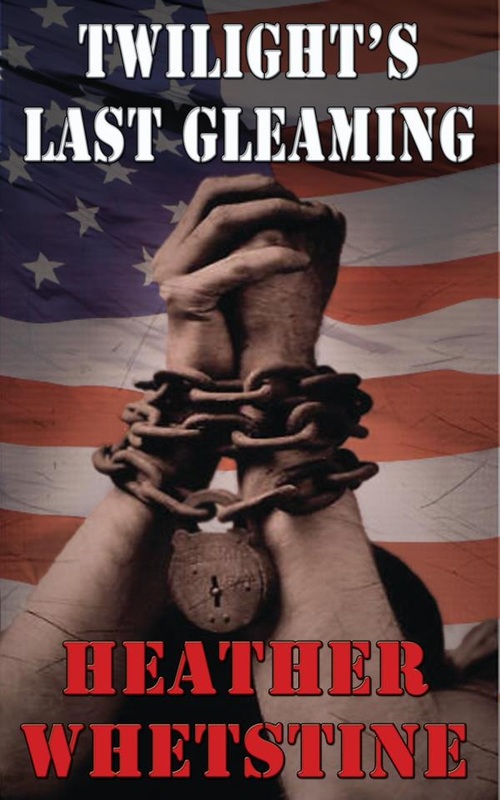
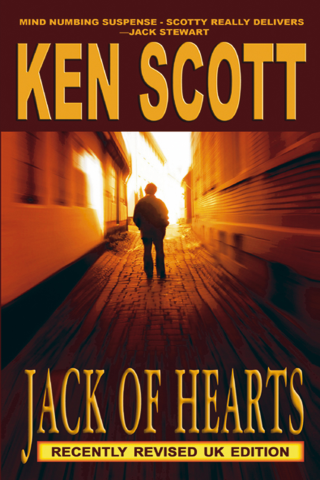
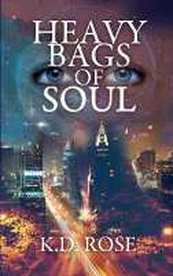
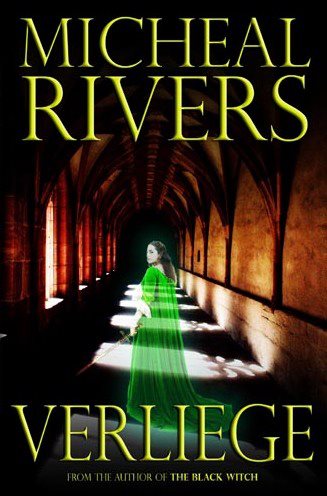
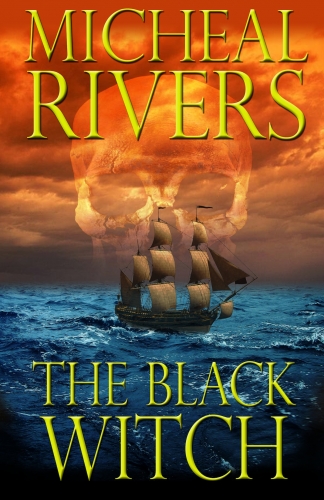
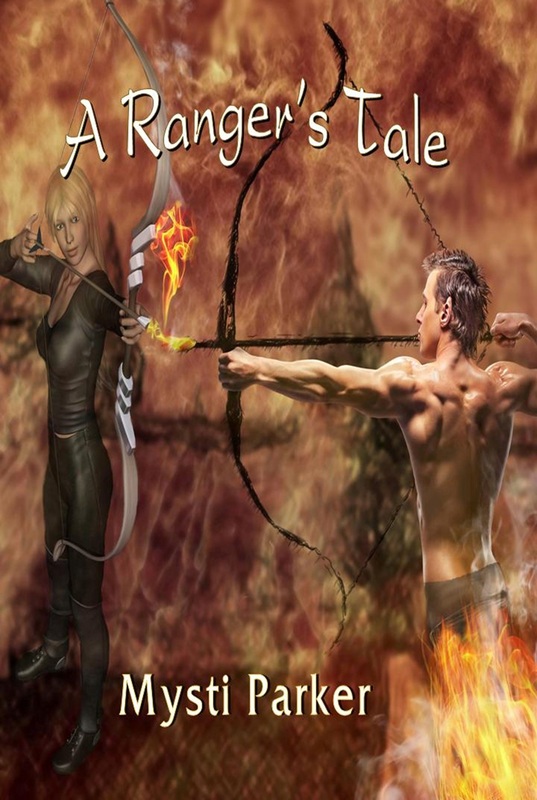
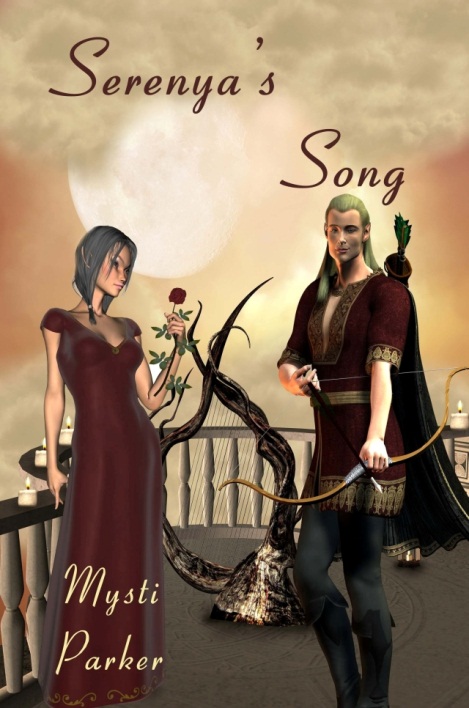
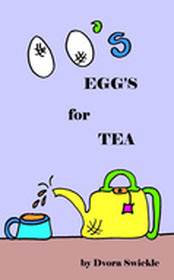
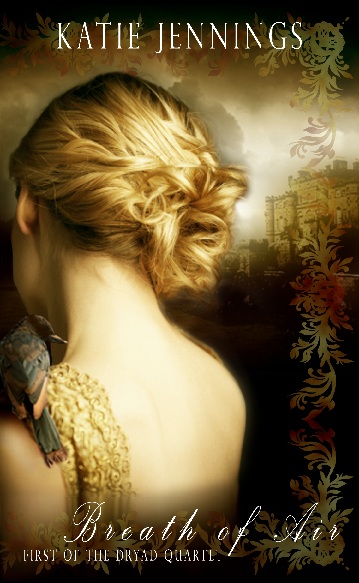
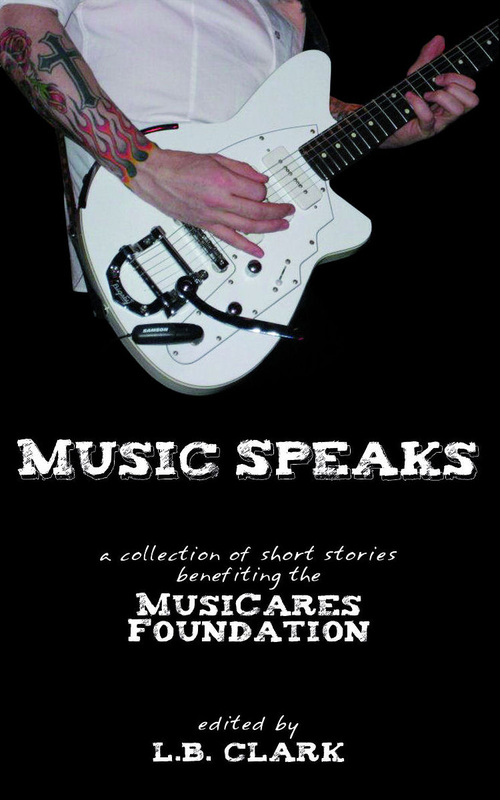
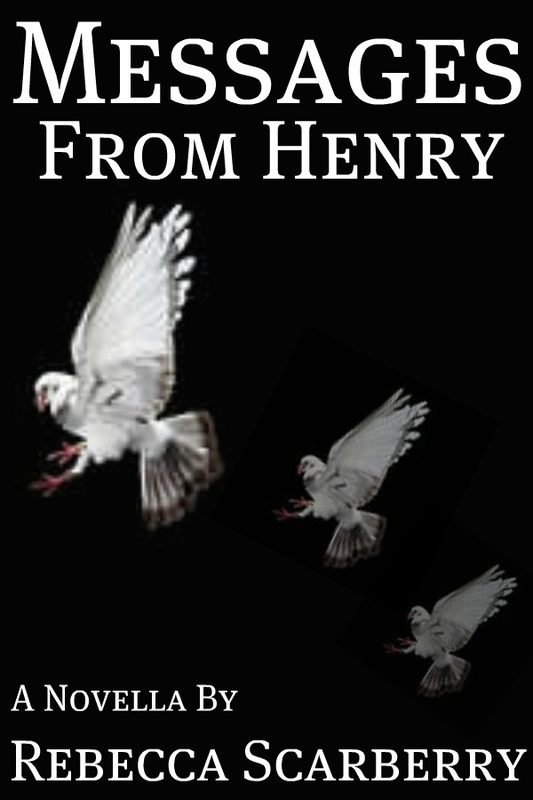
 RSS Feed
RSS Feed